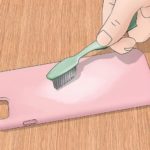Proper Cleaning for Newly Purchased Knives
Importance of Properly Cleaning a New Knife
Knives are essential tools in the kitchen and frequently come into contact with acidic foods. By cleaning a new knife properly, you can prevent rust, maintain hygiene, preserve sharpness, and extend its lifespan.
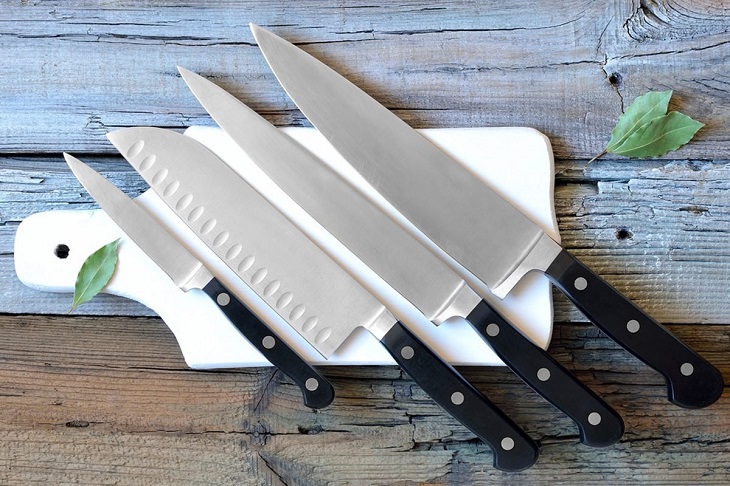
Properly cleaning a new knife will help the knife maintain its sharpness and durability over time.
Applying Cooking Oil to the Knife before Use
To protect the knife from rust, it is recommended to apply cooking oil to the knife’s surface before use. This creates a protective layer that prevents moisture and reduces the chance of rust formation.
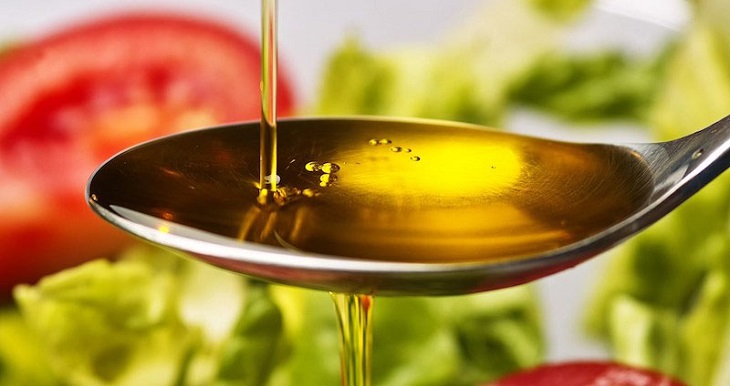
Applying cooking oil to the knife before use can prevent rust.
How to Clean a Knife after Use
Use Dishwashing Liquid or Mild Detergent
After each use, it is recommended to clean the knife with dishwashing liquid or mild detergent. Gently rub the knife to avoid any accidents and keep the knife looking new without any fading on the surface.
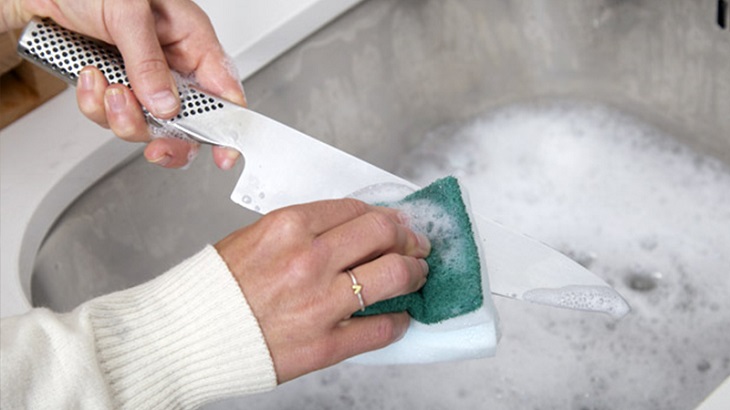
Cleaning the knife with dishwashing liquid or mild detergent helps maintain its cleanliness.
Using Rice Water to Clean the Knife
Rice water can effectively kill bacteria and prevent rust. After use, you can use rice water to clean the knife, ensuring its shine and minimizing the formation of rust spots.
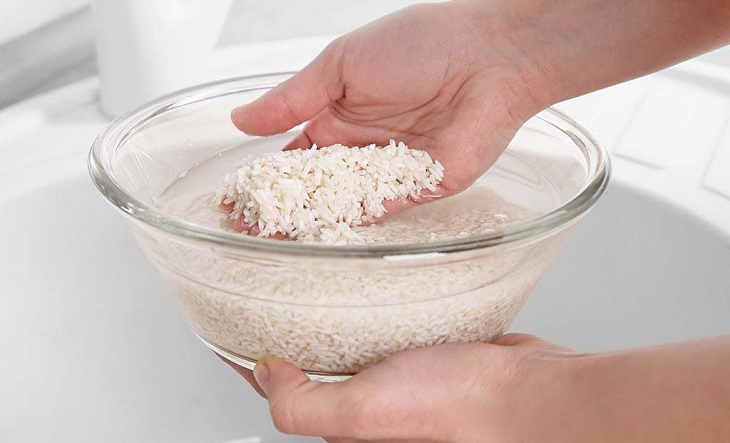
Using rice water can help clean the knife and prevent rust.
How to Clean a Rusty Knife
Using Lemon Juice for Rusty Knives
Lemon juice contains limonene, which is a natural cleaning agent for metals. Rubbing lemon juice on rusty areas of the knife and leaving it for a few minutes can effectively remove rust spots.
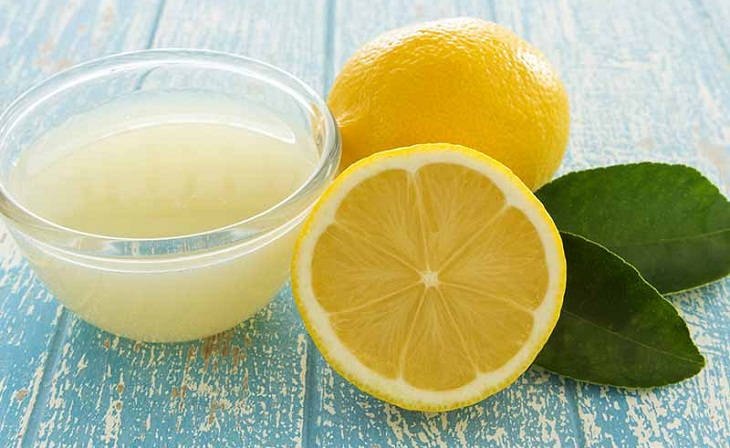
Using lemon juice can help remove rust from knives.
Using Potatoes to Remove Rust
Fresh potatoes can also be used to remove rust from knives. By rubbing the cut potato on rusty areas and rinsing the knife, the rust spots can be completely removed.
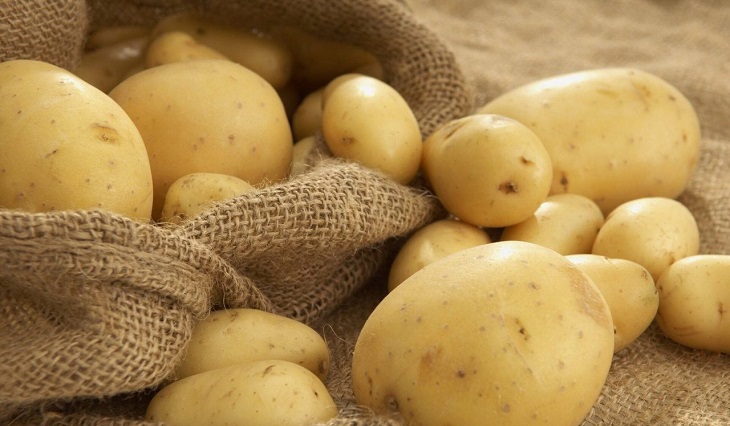
Using potatoes can effectively remove rust from knives.
Using Baking Soda for Rusty Knives
Baking soda is acidic and known for its ability to remove dirt and rust. Creating a paste with baking soda and water, applying it to the rust spots, and scrubbing can restore the knife’s cleanliness and shine.
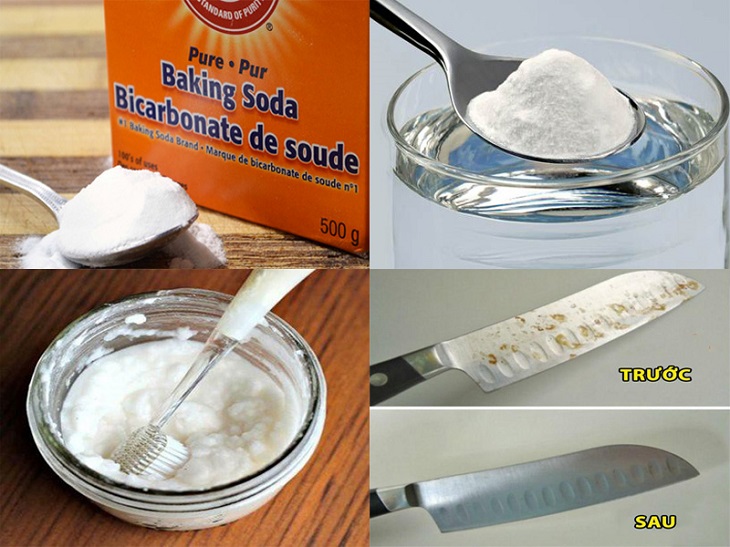
Using baking soda can effectively remove rust from knives.
Cleaning Rusty Knives with Fresh Ginger
Fresh ginger can also be used to remove rust from knives. By rubbing the ginger on rusty areas and rinsing the knife, the rust spots can be eliminated, leaving the knife clean and shiny.
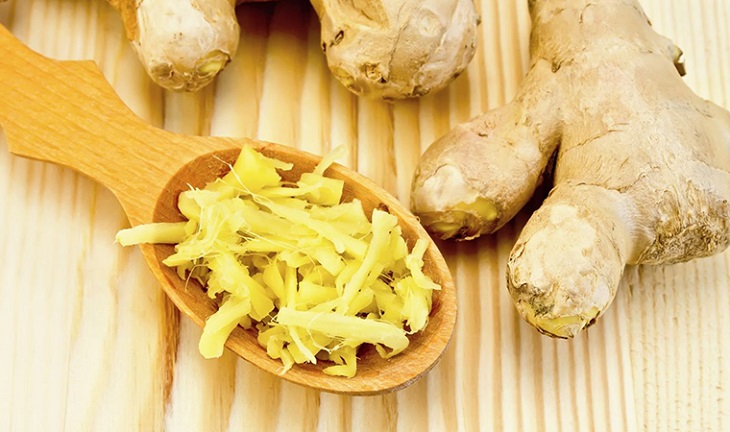
Using fresh ginger can effectively remove rust from knives.
Some Tips for Proper Knife Maintenance
Using Knives for Their Intended Purpose
Using knives for their intended purpose is crucial for their proper maintenance and sharpness. Each type of knife has a specific function, and using it accordingly will ensure better results and prevent damage.
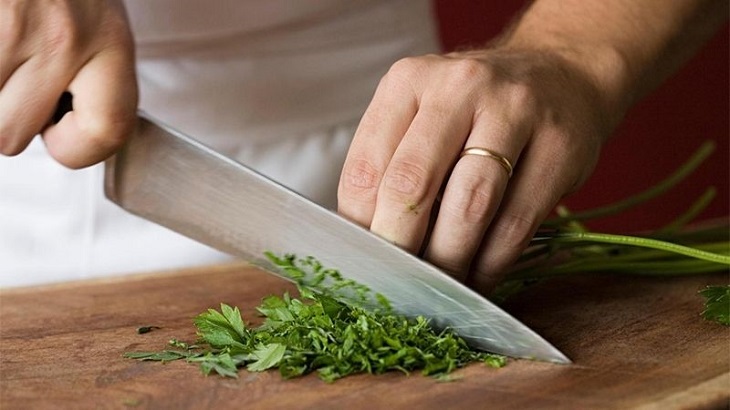
Using knives for their intended purpose is important for their maintenance.
Regularly Sharpening Knives
Regular sharpening of knives is necessary to maintain their sharpness. Contact with acidic foods can dull the blades, so it is recommended to sharpen them regularly using sharpening stones or grinding stones.
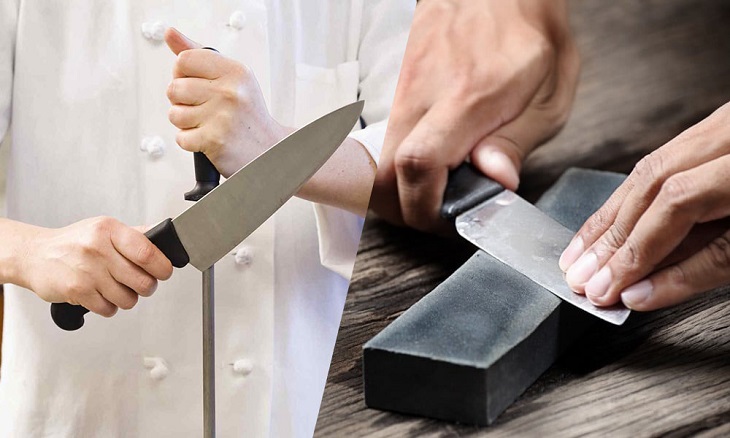
Regularly sharpening knives helps to maintain their sharpness.
Avoid Washing Knives in Dishwashers without Special Knife Washing Function
To preserve the sharpness and longevity of the knife, it is advised not to wash it in dishwashers without a special knife washing function. The strong impact can damage the blade, handle, and surrounding utensils.

Avoid washing knives in dishwashers without a special knife washing function.
Avoid Soaking Knives in Water for Too Long
Extended soaking of knives in water can lead to rust formation and reduced lifespan. It is recommended to dry the knives thoroughly after use or cleaning to maintain their cleanliness, shine, and sharpness.
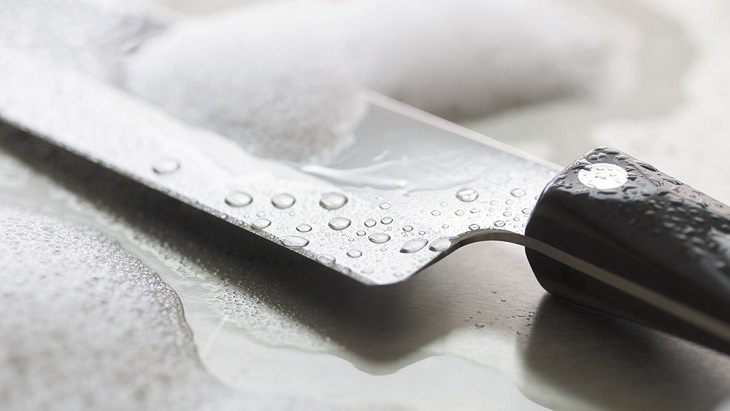
Avoid soaking knives in water for too long to prevent rust formation.
Above are some simple and effective methods for cleaning and maintaining knives. By following these tips, you can ensure the longevity, cleanliness, and sharpness of your kitchen utensils.




























